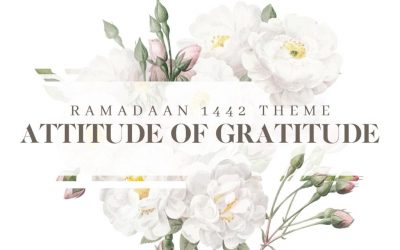After belief in Allah and the Prophet, four practices enjoy the status of pillars of Islam – fasting, prayers, Zakah (alms-giving) and Hajj (pilgrimage to Makka). In essence, these are the four parts which make up the whole that is called Islam.
Fasting means not just abstaining from food and drink, but also rising above The material world so that man may bring himself close to Allah. Prayers, in spirit, is remembrance of Allah. Zakah, in those ethical values which are known in Islam responsibilities towards others. Hajj, a re-enactment of the missionary life of the greatest preaches of truth, the Prophet Ebrahim AS, also necessarily entails Sacrifice in the causes of Allah. Understanding and acceptance of these four pillars, as symbols of the fundamental parts Of Islam, prepare one to adopt Islam fully in one’s life.
Each of these four acts of worship is combined with a particular spirit, yet is so designed that its performance as well as fulfilling its basic purpose, may achieve other important ends. The pillars of Islam may, in this respect, be likened to human limbs, each having a separate function, but inseparably attached to the body.
1. One significant aspect of these acts of worship is that, even if their basic ends are not being served devotees are bound in some measure to benefit from them. For example, even if prayers and fasting do not bring one close to Allah (96:19), they may at least serve to keep worshippers away from indecency and evil (29:45). Fasting, in the words of the Prophet SAW, will teach one to refrain from falsehood, promise-breaking and loud talk; it provides one with a shield against the onslaughts of the devil.
2. Each act of worship has been so designed that, as well as fulfilling its own specific purpose, it is closely and meaningfully linked with other acts of worship. For example, the real aim of Hajj is to prepare the pilgrim for a missionary life – that of calling people to Allah. But the form it takes in the process is that of visits to the holy places and the performance of the rites of Hajj, as a result of which the pilgrim receives a special share in the lake of Allah and a heightened awareness of the life hereafter. He returns purified after this act of worship, and is able to lead a fuller and better religions life.


0 Comments